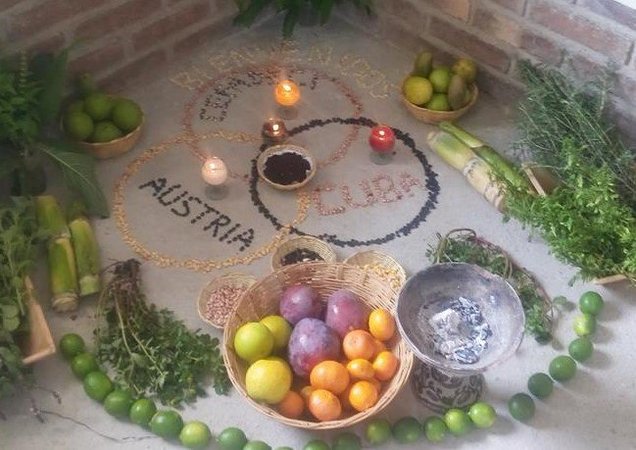Systematization of agroecological learning-teaching experiences in rural communities in Cuba and Mexico | SALE

- Partner countries: Cuba, Mexiko
- Project coordination: Gerald Faschingeder
- Coordinating institution: Paulo Freire Center for Transdisciplinary Development Research and Dialogical Education
- Partner institutions: Asociación Cubana de Técnicos Agrícolas y Forestales (ACTAF), Maestría en Ciencias en Desarrollo Rural Regional de la Universidad Autónoma de Chapingo, Sede Chiapas
- Project duration: 2016-2018
- Project code: 214
About the project
The research project’s objective is a comparative study of two different agroecological learning and teaching groups, one located in Chiapas, Mexico and the other in Camagüey, Cuba. In Camagüey, the investigated local experiences of two famers' cooperatives are part of the National Agroecological Movement Campesino a Campesino.
The learning community to be investigated in Chiapas is a Famers School of the farmers' organisation OCEZ-CNPA in La Trinitaria in the south of the country. The main interest of the research focuses on the means and forms of exchange of agroecological practices and knowledge, and on the question, if these learning practices contribute to processes of empowerment, local autonomy and sustainable development.
The interest as well as the method of research is oriented towards participatory and dialogical ways of communication. A horizontal dialogue between practitioners of agroecological education and scientists of different disciplines constitutes the central task and challenge of the research. Following the principles of "Participatory Action Research" and the main methods of “Sistematización de experiencias” and "Rapid Appraisal of Agricultural Knowledge Systems", the forms of exchange and (re)construction of agroecological knowledge are explored in a collective way, serving the local needs and interests.
The reflection and systematization of the experiences is the basis for the further development of non-formal education in agroecology. The interaction has the potential to build a sustainable south-south-cooperation in exchanging learning-teaching experiences in agroecological movements.